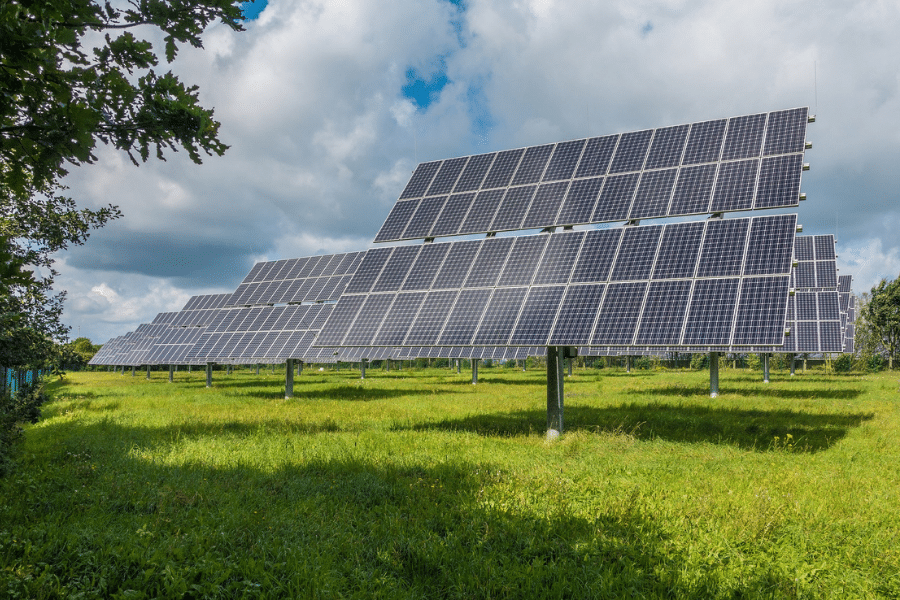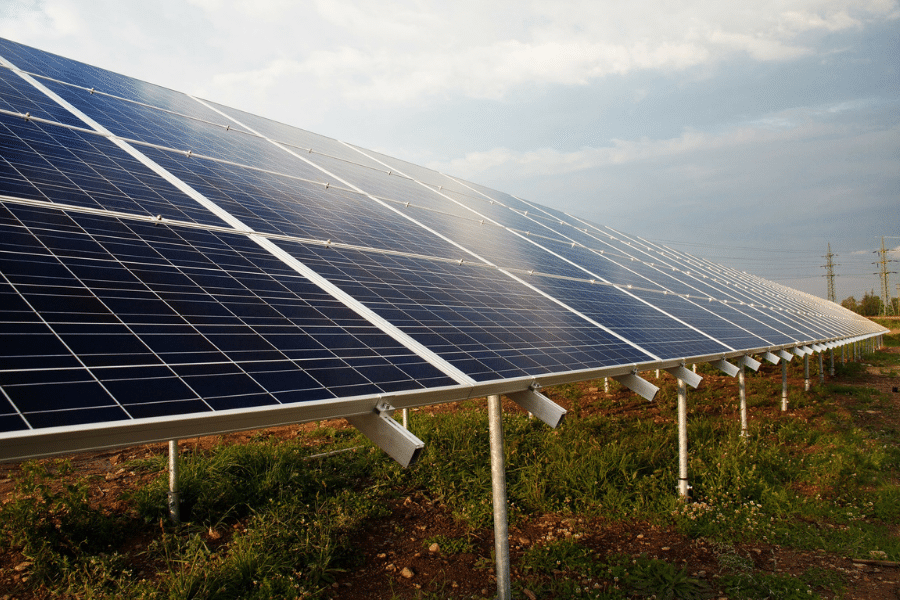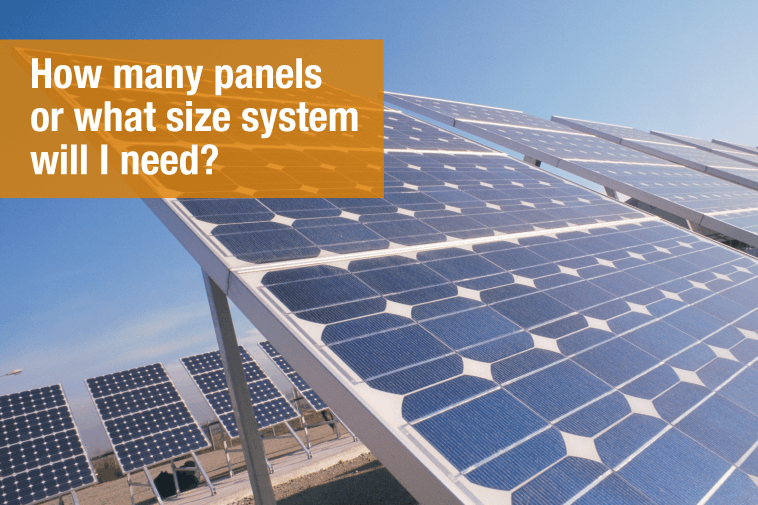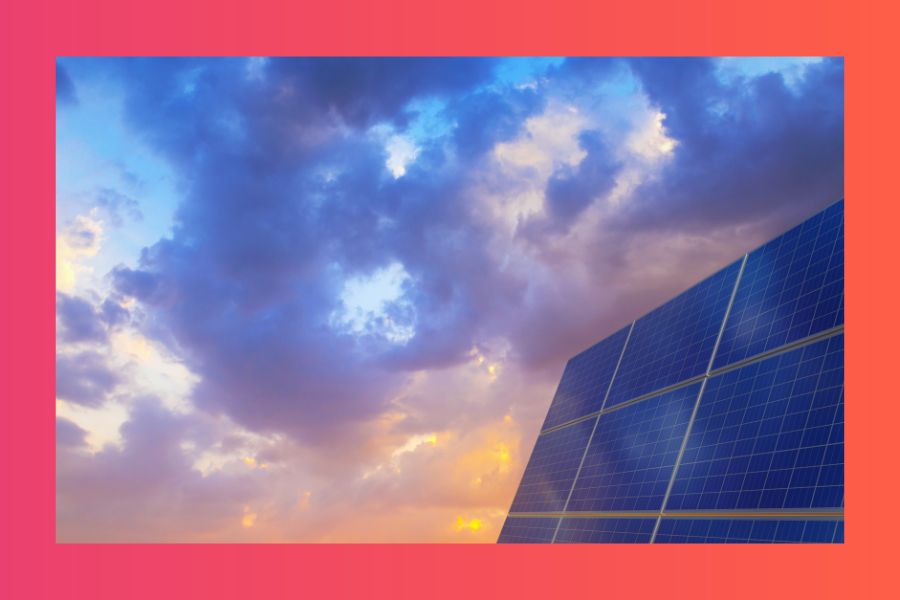Do Solar Panels Lose Efficiency?
Whether solar panels lose efficiency can be partially affected by the way the panels are treated. But that’s not the only thing that could cause a...
2 min read
![]() Solar Trust Centre Team
:
Sep 10, 2020 7:30:00 PM
Solar Trust Centre Team
:
Sep 10, 2020 7:30:00 PM

When you’re thinking of getting solar panels for your home, or you’re not sure whether you need to make adjustments to the solar system you already have, you probably have a lot of questions. One of those is often about lighting conditions, and how they’re going to affect the efficiency of your solar system. Understanding the ways you can make the system more efficient and make the most of the lighting conditions you have is a very important part of a quality solar system. Here’s what to consider.
In some cases, too much shade can mean that your solar system lacks efficiency. But a little bit of shading for a short time during the day isn’t necessarily going to mean that your system doesn’t work as planned. It’s always better to position it where there’s more sun to get the maximum benefit, but there are times when that’s just not realistic. If that’s the reality where you live, it’s important to take full advantage of the non-shady areas and times. That way you make your solar system as efficient as possible, and you can still have your panels located where you want them to be.
A system that’s getting maximum levels of sunlight will generally always perform better than a system that’s not getting as much sunlight. But the shading of trees may not be as significant of a problem as the shading caused by a building. Trees generally provide a more broken or dappled level of shade, where buildings provide more solid levels of shading that are closer to complete blockages of the sunlight. Some trees can also provide this, but it’s not as common. System performance can definitely be affected by anything that blocks sunlight for a period of time, and the longer the length of the blockage the bigger the overall effect on the system.
A shading analysis can help you see how much the shade in a particular area is going to affect the efficiency of your potential solar system. You can also have an analysis done of your current system, to see if there are ways to make it more efficient. Sometimes changing the angle of the panels or cutting down a tree can mean improved efficiency of your solar system and can be well worth doing. Panels can also be moved in some cases, or installed in a location other than the one you were originally thinking of.
The location of the panels and the direction they’re facing can absolutely matter. You may also want to adjust them with the seasons, when the angle of the sun is different. By doing that, you’ll be much more likely to have a good experience with your solar system and be able to use your panels at maximum efficiency. Then you get more quality and value, and you can feel better about the efficiency of your system, as well. Taking care where you place your system can be a very important part of using your solar system for the long term.

Whether solar panels lose efficiency can be partially affected by the way the panels are treated. But that’s not the only thing that could cause a...

Getting a solar system for your home can give you the opportunity to save on your electric bills. But it is very important that you get the right...

When imagining the ideal environment in which a rooftop solar system operates, many Australians would understandably picture a backdrop of a...